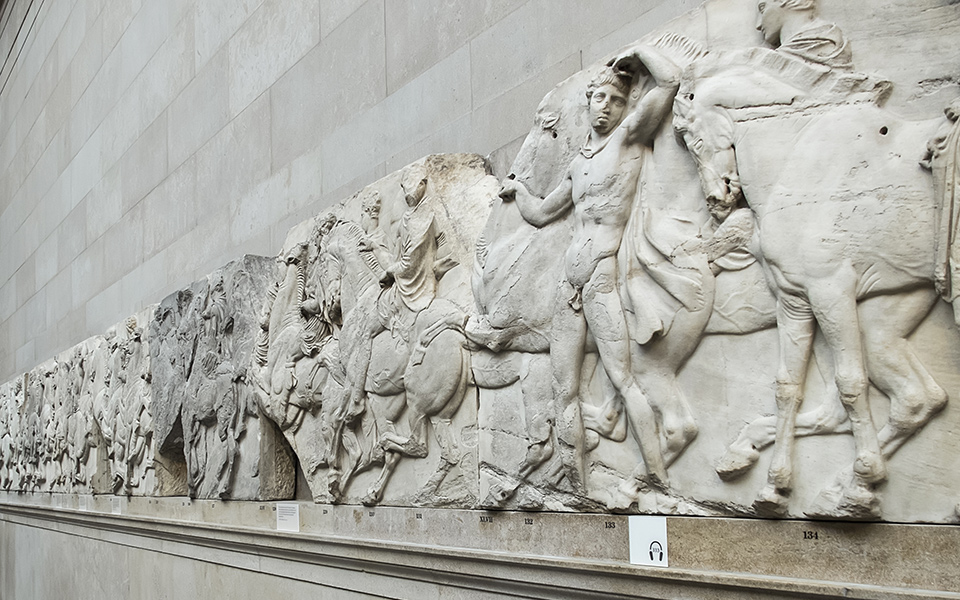As negotiations between the British Museum and Greece appear to have hit the wall, a new study shows that there is no legal argument to support the UK’s refusal to return the Parthenon Marbles to their country of origin.
In her forthcoming book, “The Parthenon Marbles and International Law,” to be published on May 25 by Springer, international lawyer Catharine Titi, a CNRS researcher at the Centre d’études et de recherches de sciences administratives et politiques (CNRS/Université Paris-Panthéon-Assas), systematically dismantles the UK’s persistent claims of ownership of the sculptures, removed by Lord Elgin in the early 1800s.
The UK’s argument for refusing to return the sculptures to Athens is twofold: their acquisition by Elgin was legal under the laws and customs of the time, and, as the law is not retroactive, the current legal order against spoliation of cultural property cannot be applied.
In her book, Titi refutes these justifications point by point by reviewing the history of the marbles’ removal, and analyzing the Ottoman documents, Lord Elgin’s correspondence, and the British parliamentary report. According to the author, the appropriation of the 2,500-year-old sculptures was illegal, even at the time of their extraction, and Elgin could not have removed them without bribing many of the Ottoman officials who administered Athens at the time.
In “The Parthenon Marbles and International Law,” Titi argues that international jurisprudence leans towards Greece’s claim, and recalls the International Court of Justice’s 1962 judgment in the case of the Temple of Preah Vihear, which forced Thailand to return to Cambodia certain objects that had been removed from the temple.
To conclude, Titi turns to customary law, a set of unwritten rules of international law based on state practice. Over the last few decades, this practice, which points to an emerging rule of international law, has seen many cultural heritage masterpieces that were removed illegally or under unethical conditions being returned to their country of origin. It means that ultimately the British Museum too cannot hope to keep the Parthenon Marbles in its collection.
Titi hopes that this book will serve to inform debates on the repatriation of cultural heritage and provide arguments both to Greek negotiators and the British intellectuals and politicians who have spoken out in favour of returning the marbles to Athens.
Source: CNRS












